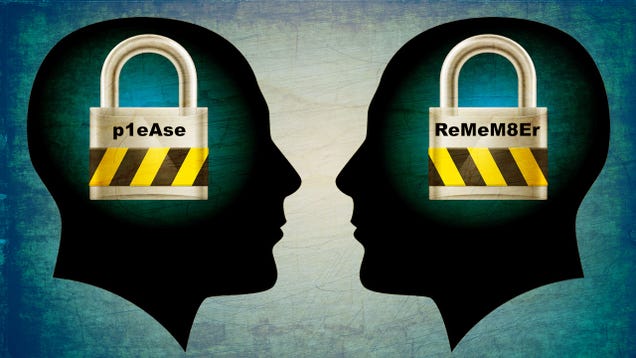You might think that being interesting is an innate talent, or that it means you have to be the "life of the party." Neither of those things are necessarily true. If you want to leave a good impression, you don't have to make sure all eyes are on you. Here are some tips anyone can use in any social setting.
This post originally appeared on Life Hacker.
First, You Have to Show Up
The first thing you'll have to do, obviously, is show up and talk to people. On a recent episode of The Splendid Table, author Jessica Hagy (who wrote the book on being interesting—literally, How to Be Interesting) told Jennifer Russell that the first thing you have to do is actually show up, which can be enough of a challenge for a many of us:
"You can show up basically as an observer of other interesting people and let that be a learning experience for you, or you can show up and be a little bit more of the life of the party. But the main thing is to show up.P "The first step is to go exploring — if you're out of your comfort zone, if you're wandering into somebody's house for the first time — that's one step in and of itself."P Hagy doesn't mean rummaging through your host’s medicine cabinet, closet or drawers. She means be adventurous, try different foods, engage strangers in conversation.P "Be prepared to have awkward conversations with strangers, because good conversation is a little bit like coaxing a feral cat out of a drain pipe," she says. "You need bait, you need something to talk about, you need to be perceived as non-threatening, and you need to prepare yourself to be hissed or clawed at.
Be a Good Observer and a Great Listener
Remember, being "interesting" doesn't mean you left the biggest impression, or you're the one telling the story that everyone is enraptured by. It just means that you leave a good impression on the people you interact with, and in turn, those people had a good conversation with you. Bring the bar down—not everyone at a party has to be the "life" of it.
Go In With a (Flexible) Plan
Make a mental game plan of conversation starters and prompts that will serve you well. You don't want to script conversations before you go out, but you should keep a couple of things in your pocket to keep the conversation going, or questions to ask if it stalls out. Simple things like "How do you know the host?" and "How did you get here?" are always good go-to conversation starters to a certain extent. The former is always a good opportunity to talk about your host and how the two of you know them, which can move into a solid conversation about other topics (work, school, hobbies, or whatever else comes up). Hagy specifically suggests the latter though as a way to talk not so much about the trip itself, but where the other person is from, what part of town, where they're staying if they're in from out of town, and so on.
Don't Fear Silence, Save the Day Instead
Awkward silences are part of conversing with people. Don't be afraid of them, or rush to fill them. If there's a pause or a lull in the conversation, let it run its course. If you want to disengage, a lull is always a good time to stop by the bar or grab a drink. If you want, offer to bring one back for the person you were speaking with. Otherwise, just say you're going to grab another drink or something to eat, and find another group to converse with. If you do want to keep the conversation going though, Hagy offers one trick that's near foolproof, especially at smaller gatherings like dinner parties:
"If you're faced with an awkward silence at a dinner party, the only thing that always gets everyone murmuring and talking again is to give the host a compliment," Hagy says. "He or she is the person who is feeling the weight of that awkwardness the most. Just quickly turn around and say, 'This souffle is magnificent and you have to tell me all about it.'"
Relax, It's Just a Good Time
If you catch yourself struggling to keep a conversation going, or wondering what you should say next, or overthinking the entire affair and stressing out, take a few deep breaths and relax. Remember what we said about leaving your comfort zone—it's a departure, and you need to come back to process your experiences and recharge. Grab a drink or a snack, find a secluded spot or somewhere out of the way, and take a little time to yourself. Give yourself a little time to clear your head, relax, and head back into the fray.




